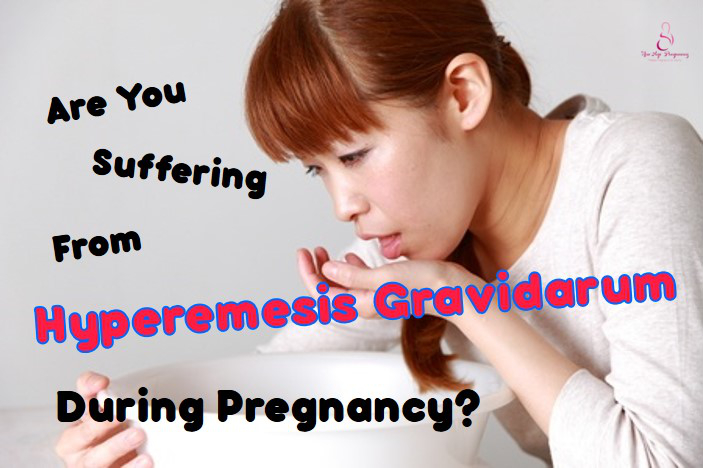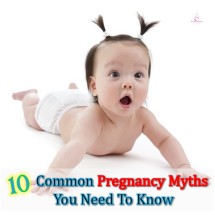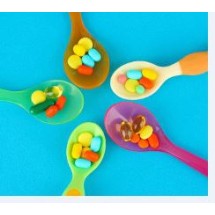
We have heard that Kate Middleton suffered from Hyperemesis Gravidarum during the recent pregnancy. So what exactly is Hyperemesis Gravidarum? Dr. Choo Wan Ling, Consultant Obstetrician and Gynaecologist from Gleneagles Medical Centre, provides us with more insights into Hyperemesis Gravidarum.
Difference between ‘Morning Sickness’ and Hyperemesis
 In ‘morning sickness’, we tend to feel nauseous and bloated. There is a sensation of a lot of gas in the tummy resulting in burping to ease the discomfort. After a meal especially, there is usually a feeling of indigestion. Thereafter it is more comfortable to take small but frequent meals to reduce that ‘gastric pain’ sensation and bloating after meals. Vomiting can also happen at times but usually not to the extent of dehydration. Appetite can be poor and there can be general distaste for food.
In ‘morning sickness’, we tend to feel nauseous and bloated. There is a sensation of a lot of gas in the tummy resulting in burping to ease the discomfort. After a meal especially, there is usually a feeling of indigestion. Thereafter it is more comfortable to take small but frequent meals to reduce that ‘gastric pain’ sensation and bloating after meals. Vomiting can also happen at times but usually not to the extent of dehydration. Appetite can be poor and there can be general distaste for food.
If the vomiting becomes severe to the extent that even fluids cannot be retained, it can lead to dehydration if the symptoms continue for a couple of days. This is what we term as hyperemesis. Sometimes the vomiting can be so forceful, that blood can be seen in the vomitus. This is due to force of vomiting causing a tear in the blood vessel lining the gut. This is usually self limiting and will heal itself as
long as the vomiting is not persistent.
What are the risks involved?
Dehydration can be dangerous for both mother and fetus. Hence in this situation intravenous supplementation is usually necessary together with vitamin supplementation since there will be some level of malnutrition.
Some cases of hyperemesis are triggered by medical conditions like thyroid, liver disorders or infection. Treating these conditions may help to reduce the severity of the hyperemesis.
What are the Treatment/s available?
During intravenous supplementation, the patient is usually not fed to ‘rest’ the stomach for about a day. Then food is slowly introduced. Usually starting with toasts or biscuits and sips of water then slowly moving on to more solid food. Complex carbohydrates are usually better than refined carbohydrates or fatty/oily foods.
There are anti-vomiting medication that can be given to ease the nausea and vomiting like metoclopramide, ondansetron. Most mums-to-be prefer not to take too much medication if possible. However, in cases when the vomiting is more than, say 3 times per day, it would be advisible to take some medication to ease the sensation so that dehydration and malnutrition can be avoided. Supplements like pyridoxine(vitamin B6) can also be useful in reducing the severity of the symptoms.
By Dr Choo Wan Ling
Obstetrician & Gynaecologist
Practice Address:
SOG – Choo Wan Ling Clinic for Women
6 Napier Road #08-14/15/16
Gleneagles Medical Centre
Singapore 258499
Tel: 6471 1233 Fax: 6471 1088
Website: www.sog.com.sg






